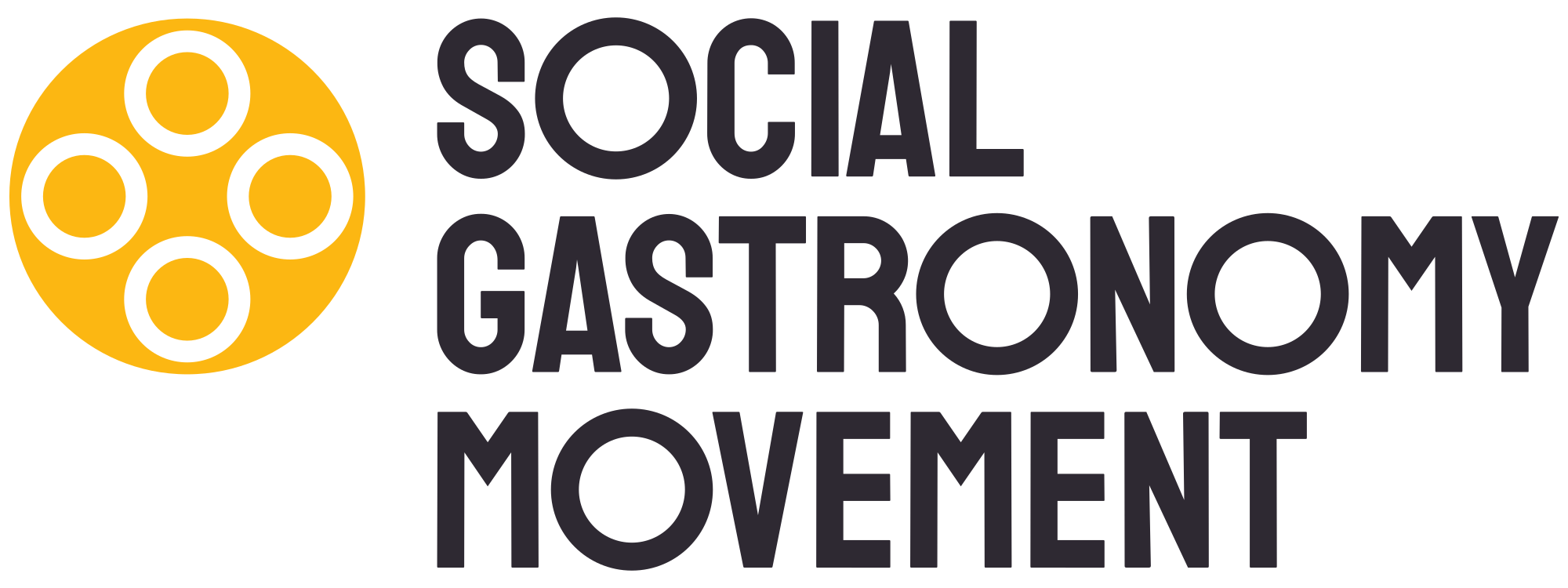Episode #3 of the Food Solidarity Podcast: The Women Shaking Up Agribusiness in the Philippines
Cherrie Atilano has known she wanted to shake up agribusiness since she was just 11 years old. Today, she is the Philippine Ambassadress on Food Security as well as an ambassador for the UN Scaling Up Nutrition Movement (SUN). She is also the founding farmer and CEO of AGREA, one of the 10 global organizations selected to receive the first round of Food Solidarity funding from SGM.
In Episode 3 of the Food Solidarity Podcast, we hear about the inspiration behind Agrea, Cherrie's connection to farmers, and the Move Food Initiative, which has been preventing loss of income and food waste brought on by the Covid-19 pandemic. We also welcome Sef Carandang, gender specialist at FAO and the UNDP Philippines, for a conversation about the role of women in agriculture, the importance of engaging youth in farming, and sustainable models for the future.
Cherrie was raised on a sugarcane farm in the rural Philippines, in a place called Negros Occidental. On the weekend she would go and play on other farms, planting, fertilizing, and working with irrigation. As a child she was enrolled in a scholarship center where she was learning about gardening and all sorts of sustainable practices. When she was 11 years old, Cherrie read a book that inspired the trajectory of her career.
"The book suggested that if you know how to plant vegetables around your house, you basically can save 30% of your income and later on, you can send your children to school and have a roof over your head."
After reading this book, she immediately asked her mom for a bike for her birthday so that she could teach local sugarcane farmers how to garden.
"So basically, at 12 years old, I was already spending my weekends gardening and teaching farmers how to plant their own vegetables and composting in their kitchens."
Before Agrea, Cherrie started the food security impact arm of the Gawad Kalinga organization. In just a few years, this program, Bayan Anihan, was recognized by the World Food Programme as the largest food sufficiency program in the world. While she was remarkably successful in growing the model, she also wanted to serve her country on a larger scale.
In 2015, she founded Agrea and the One-Island Economy model on an island called Marinduque. The organization implements programs to address zero waste, zero hunger, and zero insufficiency.
“The Zero Hunger is not about the hunger about the stomach, or physical hunger. With physical hunger you can just eat some rice or a vegetable and after that you’re okay. This is about the lasting hunger, the hunger belong, the hunger to be dignified and the hunger to be respected. And I’m talking about the food producers-because it’s a crime that the producers of the food in the food chain are the poorest. We’ve just allowed that to happen for centuries.” said Cherrie.
In 2020, Agrea had to rethink their strategy to address the problem of food insecurity in relation to the global pandemic. The Move Food Initiative began when a farmer reached out to Cherrie asking for help selling his pineapples.
Through the Move Food Initiative, AGREA has been assisting farmers to prevent food waste and loss of income as a result of COVID-19 while serving nutrient dense meals to beneficiaries in Metro Manila. During the pandemic, AGREA has served over 400,000 individuals and saved over 180,000 metric tons of fresh produce from rotting.
One major contributor to this impressive impact is Sef Carandang, a gender specialist, environmental warrior, and volunteer for AGREA. Sef has over 15 year working with rural communities throughout the country. She is currently a Trustee and Adviser for Community Development and Gender for the Philippine Reef and Rainforest Conservation foundation. She has been also engaged as a Gender Specialist for the United Nations Food and Agriculture Organization (UN-FAO) and the United Nations Development Programme (UNDP), Philippines.
In episode 3 of the Food Solidarity Podcast, we hear more from these women who are driving change in the agricultural sector. Listen to the full episode to hear their stories and insights.
FULL EPISODE


